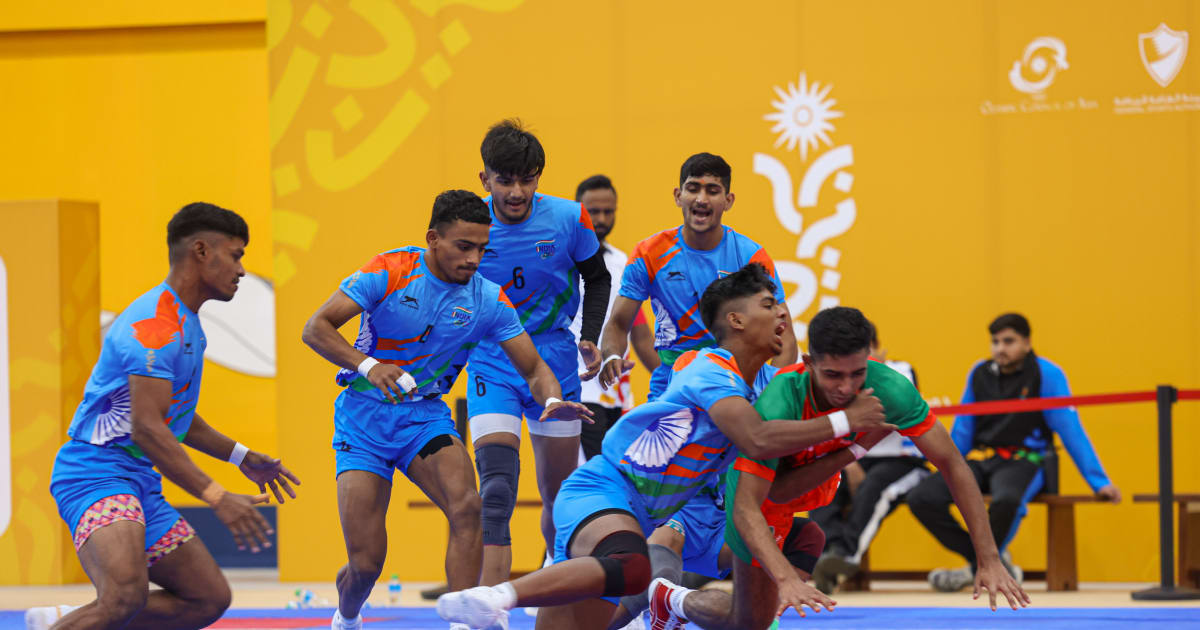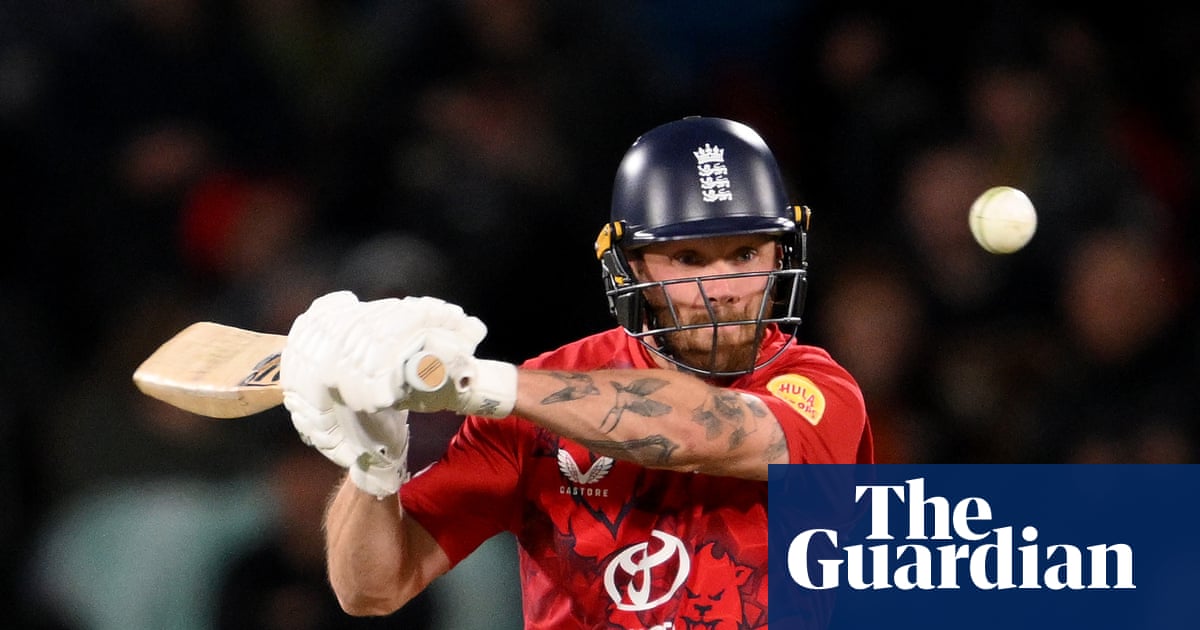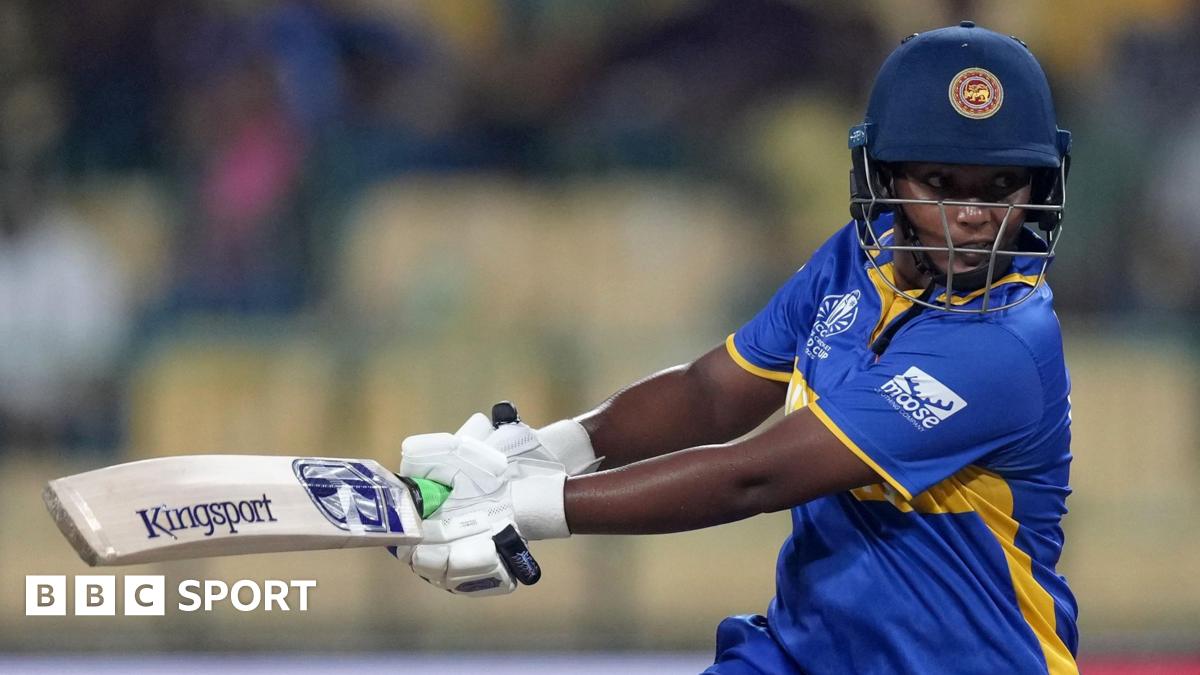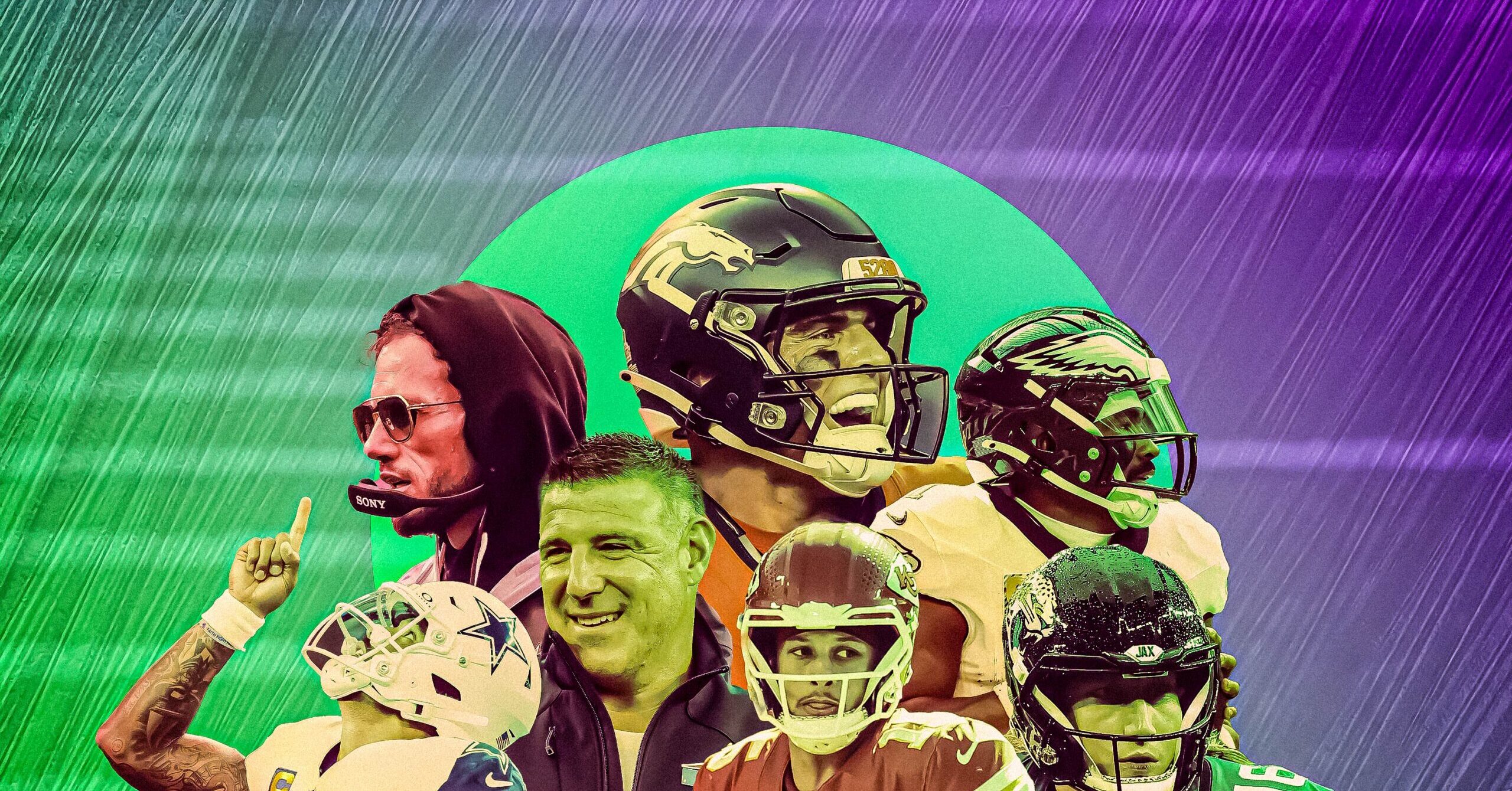Anger at Maccabi ban shows power of sport and why fans now expect more from its leaders

The statement released by West Midlands police, explaining their decision to prevent Maccabi Tel Aviv supporters from travelling to their club’s Europa League fixture against Aston Villa next month, is framed in the language of security. It was, police say, an action undertaken to “help mitigate the risks to public safety”, based on “current intelligence and previous incidents”, including the violence that surrounded Maccabi’s match against Ajax in Amsterdam last year.That the police should assess a match through the lens of public safety is what most people would hope and expect. It is an approach that has underpinned the successful policing of football in the UK for two decades. But the political consequences of such a decision appear to have caught those involved by surprise. As the prime minister intervened to call for the decision to be overturned, there was a reminder that the worlds of sport and, especially, football are being judged by new criteria. What was once a sector that would insist on its separation from politics is increasingly being dragged into it, with the issue of Gaza the most prominent and divisive current example.Pressure has been growing for some time on football and, in particular, the governing bodies Fifa and Uefa to take action against the Israeli Football Association (IFA) and its clubs. These interventions long predate the massacre of 7 October and its aftermath, with complaints over the staging of matches by Israeli clubs in unlawful settlements on Palestinian territory in the West Bank first raised in 2013. The invasion of Gaza, and the killing of tens of thousands of Palestinians, has intensified concern and led to calls for the IFA to be suspended from Fifa and Uefa, and its clubs to be removed from international competition.No sanction has been levied against the IFA or its clubs. This situation looked likely to change last month when Uefa’s executive committee had been expected to vote to suspend Israeli teams from its competitions. That vote never happened, however, apparently paused as a result of the announcement of a plan for a Gaza ceasefire.Fifa’s president, Gianni Infantino, said this month that world football’s governing body “cannot solve geopolitical problems”. When attending Donald Trump’s Gaza summit a week later, he updated his position. “Football’s role has to be to support, to unite, to give hope,” he said. “We will help to rebuild all the football facilities in Gaza, bring football back together with the Palestinian Football Association, and create opportunities for children through the game.”As attention on the crisis in Gaza has grown, so has frustration at a perceived lack of action. Some of it has come from inside the game, notably from the Norwegian Football Federation, which publicly called for a ban on Israel and donated the proceeds of a recent World Cup qualifier between the two countries to Doctors Without Borders’ work in Gaza. Other football bodies have chosen to apply influence privately. But more and more any tangible pressure has been coming from outside the game’s decision makers, much of it driven by supporters.During Liverpool’s Champions League fixture against Galatasaray in Istanbul a fortnight ago, banners were unfurled around the ground with messages that included #letgazababieslive and #palestiniangenocide. There was a sea of Palestine flags at the La Liga match between Athletic Club and Mallorca the weekend after. A similar protest by Paris Saint-Germain supporters took place during May’s Champions League final. The shirt of the Irish club Bohemian has become a fashion statement for fans of many different clubs, with their pale blue kit generating more than €200,000 (£173,000) in aid of the charity Medical Aid for Palestinians and worn by Greta Thunberg on the humanitarian flotilla to Gaza.New activist groups are springing up in the space between sport and politics, working alongside supporters and hoping to influence their voices. One leading organisation in the area, FairSquare, regularly challenges Fifa and Uefa on human rights issues from Saudi Arabia to Russia and Ukraine. Last month it authored a letter with Bohemian calling for Israel’s suspension from Uefa. Another campaign, Game Over Israel, advised by two former UN human rights experts, Richard Falk and Craig Mokhiber, has bought billboards in Times Square, with Milan and Madrid making the same point. It is also understood to have shared information with West Midlands police, compiled by the Hind Rajab Foundation, which claimed to show Israel’s “instrumentalisation of football culture in genocide”.Voices defending Israel’s right to compete have been less apparent, though the Campaign Against Antisemitism on Friday said it would seek a judicial review into the Maccabi ban, saying: “We will do whatever it takes to overturn this pernicious ban which has humiliated and angered the whole country.”If it feels untenable for football’s stakeholders (or those within the International Olympic Committee and other prominent global sports such as tennis and basketball) to avoid taking political positions, it is perhaps reflective of the unique cultural power of sport in the modern world. Russia was banned from international football and the Olympics after its full-scale invasion of Ukraine, amid international pressure. As politicians increasingly struggle to connect with their electorate, sport continues to expand its reach among all demographics. It is not surprising to find politicians using sport as a vehicle to gain attention and affection (see Donald Trump’s prominence at sports events and his housing of Fifa’s Club World Cup trophy in the Oval Office).Fans and campaigners, meanwhile, now expect sports organisations to reflect their values – or at least the values of equality and fairness that sports claim to be built on. As sport becomes a billboard on which more and more people wish to project a political message, those in charge will increasingly have to think politically themselves.













